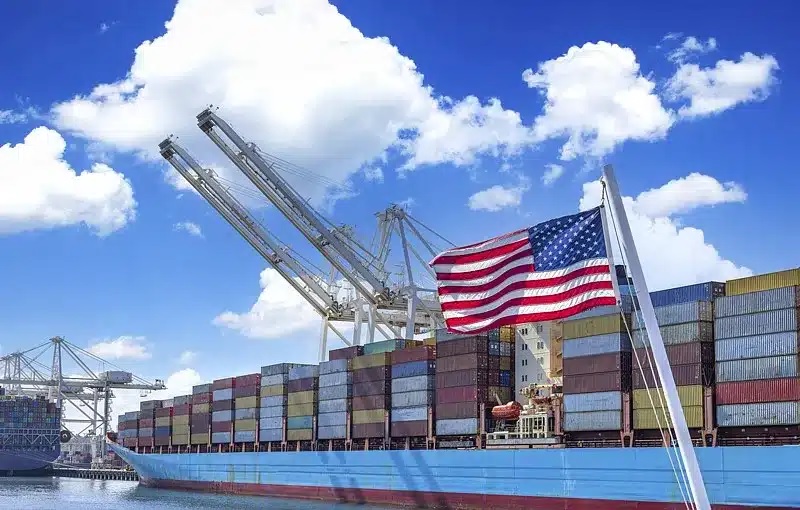Seoul is scrambling to secure a favorable trade agreement with Washington before U.S. tariffs on South Korean goods rise to 25% on August 1, the presidential office announced Saturday. The proposed package includes cooperation in shipbuilding—a key priority for U.S. Commerce Secretary Howard Lutnick, who discussed the sector with South Korean Industry Minister Kim Jung-kwan during Friday’s follow-up talks. The negotiations come after a postponed joint meeting of finance ministers and trade envoys, though both sides reaffirmed their commitment to reach a deal by the deadline.
With National Security Adviser Wi Sung-lac and Trade Minister Yeo Han-koo engaged in high-stakes U.S. talks, South Korea aims to avoid terms worse than Japan’s recent agreement, which reduced tariffs to 15%. Discussions have focused on non-tariff barriers in agriculture and digital services, though Seoul confirmed foreign exchange policies remain outside the trade negotiations. The pressure intensified as President Donald Trump secured deals this week with Japan and the Philippines while preparing for a pivotal Sunday meeting with EU leaders that could yield another agreement.
As the deadline looms, U.S. officials are simultaneously negotiating with China in Sweden ahead of an August 12 tariff deadline, while South Korean Finance Minister Koo Yun-cheol and Foreign Minister Cho Hyun prepare to meet their U.S. counterparts next week. The flurry of diplomacy underscores Trump’s aggressive trade strategy, leveraging tariffs to extract concessions. Analysts warn that failure to reach a deal could hit South Korea’s export-reliant economy hard, particularly in strategic sectors like shipbuilding and automotive manufacturing.
With Trump prioritizing bilateral agreements, Seoul faces a delicate balancing act—protecting its industries while accommodating U.S. demands. The shipbuilding proposal, seen as a potential compromise, may help bridge gaps, but officials remain tight-lipped on specifics. As global trade tensions escalate, South Korea’s ability to secure terms on par with Japan’s will test its diplomatic leverage and economic resilience in an increasingly volatile landscape.


